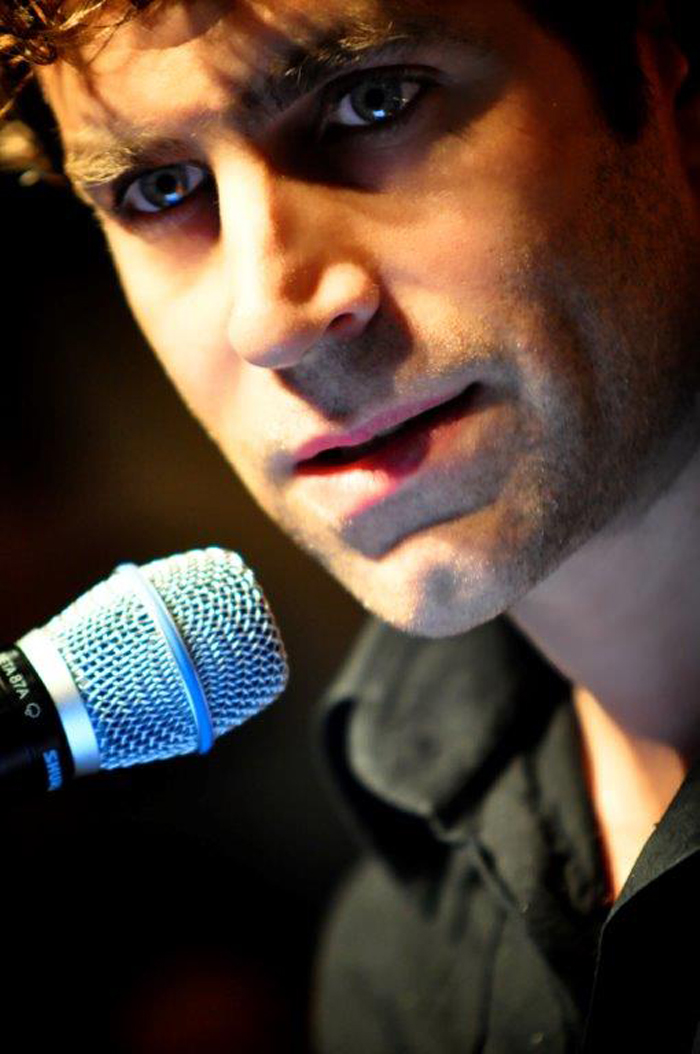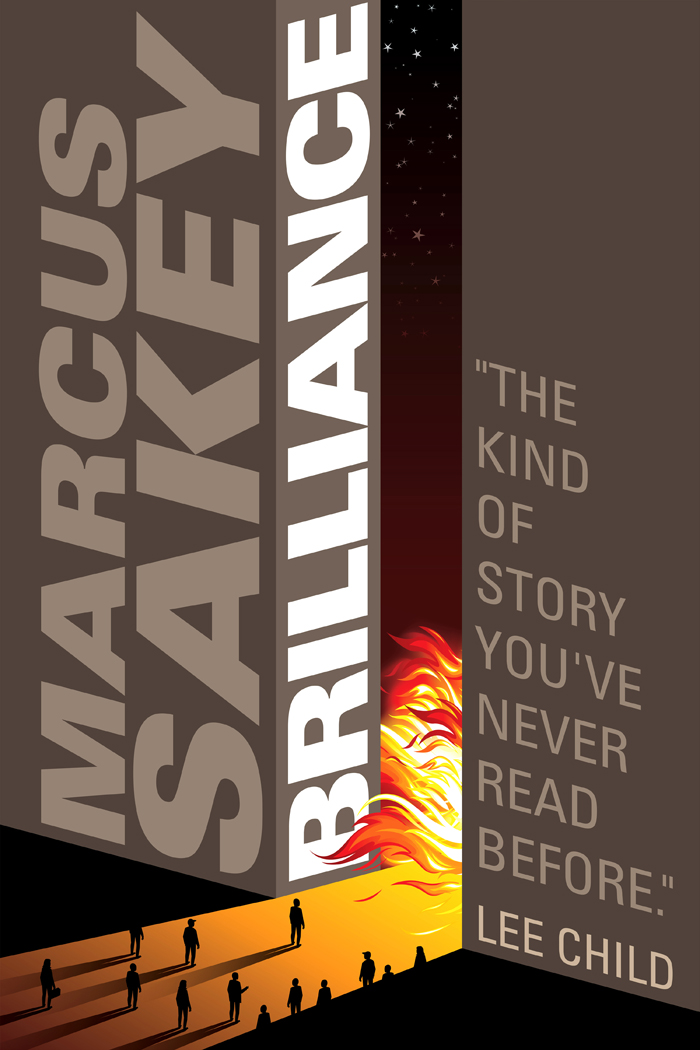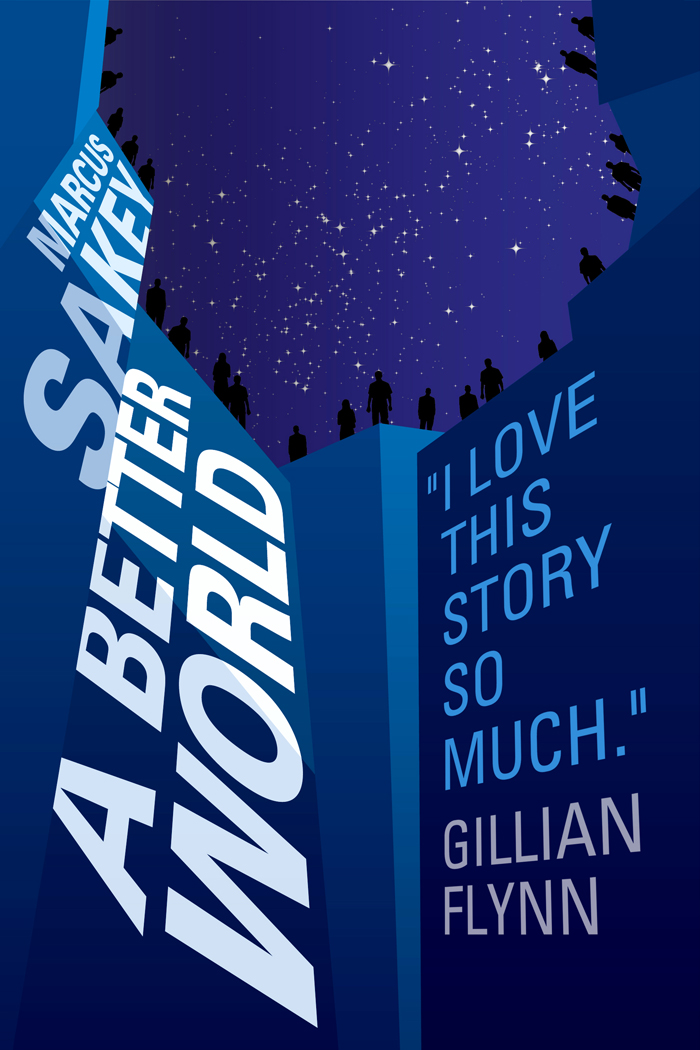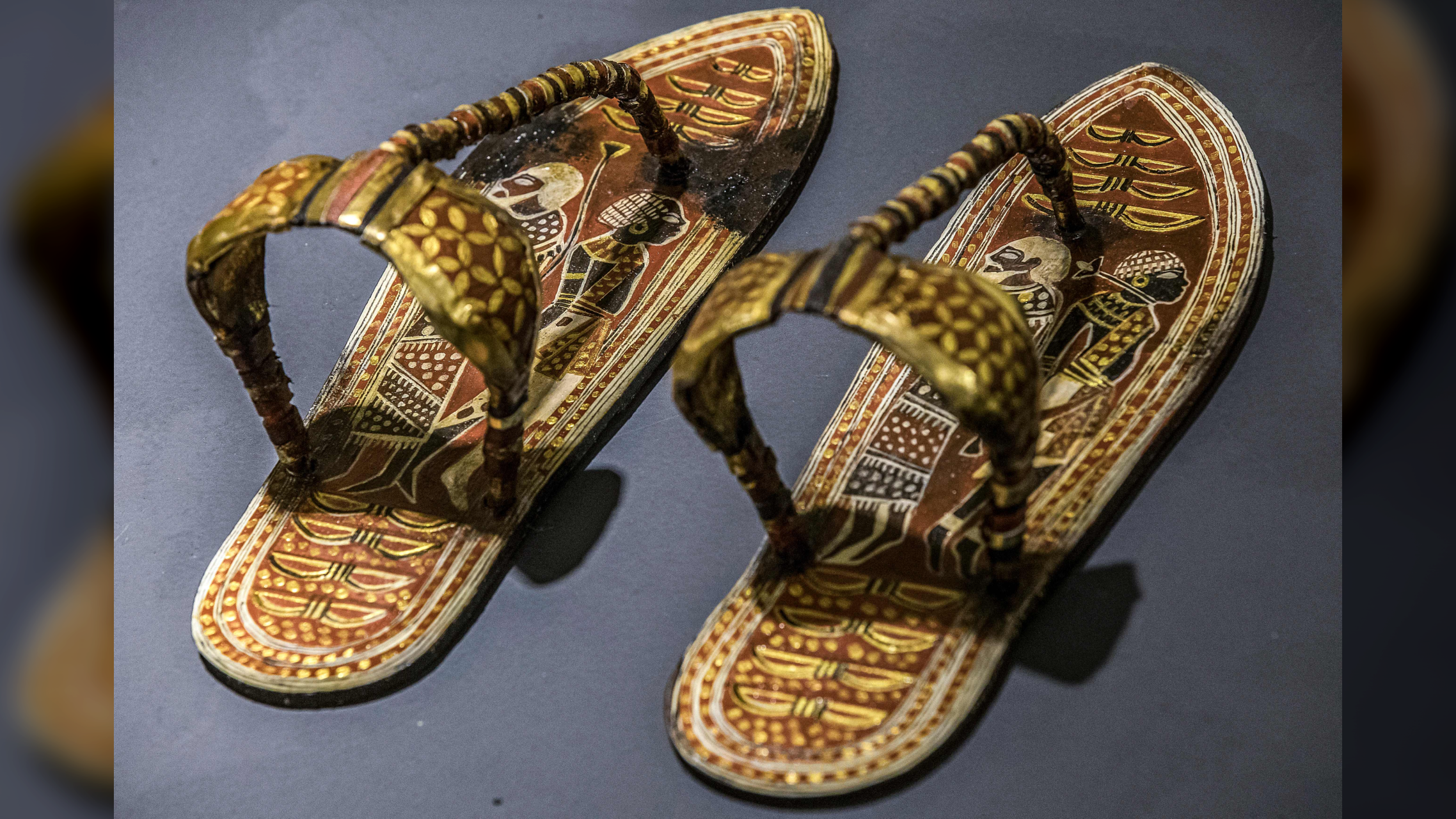
Autism, Bourbon and Lies: Inspiring 'The Brilliance Saga'
Get the world’s most fascinating discoveries delivered straight to your inbox.
You are now subscribed
Your newsletter sign-up was successful
Want to add more newsletters?

Delivered Daily
Daily Newsletter
Sign up for the latest discoveries, groundbreaking research and fascinating breakthroughs that impact you and the wider world direct to your inbox.

Once a week
Life's Little Mysteries
Feed your curiosity with an exclusive mystery every week, solved with science and delivered direct to your inbox before it's seen anywhere else.

Once a week
How It Works
Sign up to our free science & technology newsletter for your weekly fix of fascinating articles, quick quizzes, amazing images, and more

Delivered daily
Space.com Newsletter
Breaking space news, the latest updates on rocket launches, skywatching events and more!

Once a month
Watch This Space
Sign up to our monthly entertainment newsletter to keep up with all our coverage of the latest sci-fi and space movies, tv shows, games and books.

Once a week
Night Sky This Week
Discover this week's must-see night sky events, moon phases, and stunning astrophotos. Sign up for our skywatching newsletter and explore the universe with us!
Join the club
Get full access to premium articles, exclusive features and a growing list of member rewards.
Marcus Sakey's thrillers have been nominated for more than fifteen awards, named New York Times Editor's Picks, and selected among Esquire's Top 5 Books of The Year. His novels "Good People" and "Brilliance" are both in development as feature films, and he just published "A Better World," the second installment of the "Brilliance" series. Sakey is also the host of the acclaimed television show Hidden City on Travel Channel. He contributed this article to Live Science's Expert Voices: Op-Ed & Insights.
When people ask me where I get my ideas, I lie.
I tell them I draw inspiration from the news, the world, my dreams. Or I joke, and say that I steal from other writers. I lie because I don't know where ideas come from, and I'm afraid if I look too hard, they'll stop coming.
The "Brilliance Saga" is an exception. I know exactly where it came from — my wife.
A few years ago, G.G. got her masters in child development, with an emphasis on autism . Besides being a passionate student, she's an optimist, and what inspired her was that for all the challenges children with autism face, many have advantages too. True, they have difficulty understanding emotional nuance and social dynamics. But many a four-year-old with autism can recite the names, in Latin, of every breed of shark. Or update the operating system on your iPad. Or list all the routes between two places.
Which cranked my novelistic engine. I found myself imagining a world where the 1 in 110 children born with autism have advantages, but not challenges. And what if the abilities were more pronounced — say they could see patterns in the stock market, or read a person's darkest secrets from their body language. What would happen when those children grew up?
Bam! There it was, a capital-I Idea, delivered with a bow on it. Only problem? Writing it seemed like a bad idea.
Get the world’s most fascinating discoveries delivered straight to your inbox.
The novel would have to be speculative fiction. I'd written five crime thrillers, books which had won awards and been optioned for film and built a fan base. To make a dramatic left turn at this point in my career seemed foolish. Grudgingly, I filed the idea away.
About a month later, a novelist friend and I went mountain climbing in Colorado. After an exhausting day, we made camp at 12,000 feet. We'd brought along a bottle of Eagle Rare whiskey, and sipped bourbon and looked at the stars and talked books.
In an odd bit of synchronicity , my buddy also had an idea that he wasn't sure he should write. An idea that flew in the face of conventional wisdom. But like me, he found the concept nagging at him, tugging him, showing up in his dreams.
Maybe it was the liquor, or the altitude, or the isolation, but the more we talked about our twin ideas, the more it felt like we had to write them. If we felt this passionately about them, others would too. And screw conventional wisdom.
To build that world, I started by talking to my wife about autism, trying to get a clearer understanding of the way the autistic mind worked. What I learned was fascinating, but for a novelist, it was also limiting. The social challenges most people with autism face wouldn't work for the kind of novel I wanted to write, where the "brilliants," as they are called, are otherwise essentially normal people. Out of that trip came two bestselling series. Blake Crouch's "Wayward Pines," soon to be a television show on FOX, and my own "Brilliance Saga," which is now in production as a feature film by Legendary Pictures, the company behind "Inception," the "Dark Knight" movies, and many others. The second book, "A Better World," came out last month, and continues the world, and the story, I built in the first. ['A Better World' (US 2014): Book Excerpt ]
From there I jumped to savants, whose unusual talents more closely matched the kind of gifts I had in mind. Autism is a broad spectrum without a singular definition, but while savants may also be on the spectrum, savantism is a bit more defined, involving what can only be considered prodigious gifts.
You've probably heard of some of the most famous of these — Kim Peek, for example, who inspired Dustin Hoffman's character in Rain Man. Across his life, Peek read more than 12,000 books, a fact aided by his reading style: He could absorb both pages of a book at the same time, one with each eye, and retain 98 percent of what he saw in them. And his abilities didn't end there. He could provide driving directions on the spot between any two cities. He could instantly calculate the day of the week based on a date.
Other famous savants include Leslie Lemke, who despite having no musical training whatsoever, could perfectly reproduce any piece of music after hearing it just once; Jedediah Buxton, who so lived in mathematics that he could mentally calculate exponents 39 digits long; Stephen Wiltshire who can, after little more than a glance at a city skyline, recreate it on paper with perfect detail.
Savants were far closer to what I had imagined, and at first I thought I had my answer. The brilliants would be savants, suddenly made commonplace. But as I read up on each of these individuals, I bumped up against the fact that most of them had, again, severe challenges. They were no doubt exceptional, and fascinating, but they weren't quite what I had in mind.
Which forced me to sit down and ask myself what it was, exactly, that I had in mind. What was I trying to do? After all, there have been countless tales about people with exceptional abilities. The X-Men and vampires are the modern go-tos, but it hardly begins there; the Knights of the Round Table fit the same mold, and Greek mythology is littered with stories of demigods amongst us. I love those tales, all of them, but I was trying to do something different.
Which is when it hit me — yes, I found the idea of the brilliants fascinating. But what had grabbed me was how that would affect the rest of us. In other words, the series wasn't about the gifts. It was about the world. It was about, essentially, the rest of us, and our reactions to the exceptional appearing in our midst. The good reactions and the bad, the way we embrace the aspects that amplify our lives while wrestling with xenophobia and prejudice. They are, in other words, social novels about humanity dealing with a massive change in the order of things.
As a species, we are defined by our extremes. Despite the fact that most people born throughout all of history — that most of us, in other words — live in the middle of the bell curve, it is the exceptional that shapes our perspective. And the tricky thing about the exceptional is that it comes in both varieties, in soaring symphonies and bloody massacres, in moments of perfect grace and acts of unspeakable cruelty.
So by writing about the exceptional — both flavors — I was really writing about us. About you, about me, about our families and friends and communities.
Best of all, when people ask me where I got the idea, I don't have to lie.
Follow all of the Expert Voices issues and debates — and become part of the discussion — on Facebook, Twitter and Google +. The views expressed are those of the author and do not necessarily reflect the views of the publisher. This version of the article was originally published on Live Science.
 Live Science Plus
Live Science Plus














